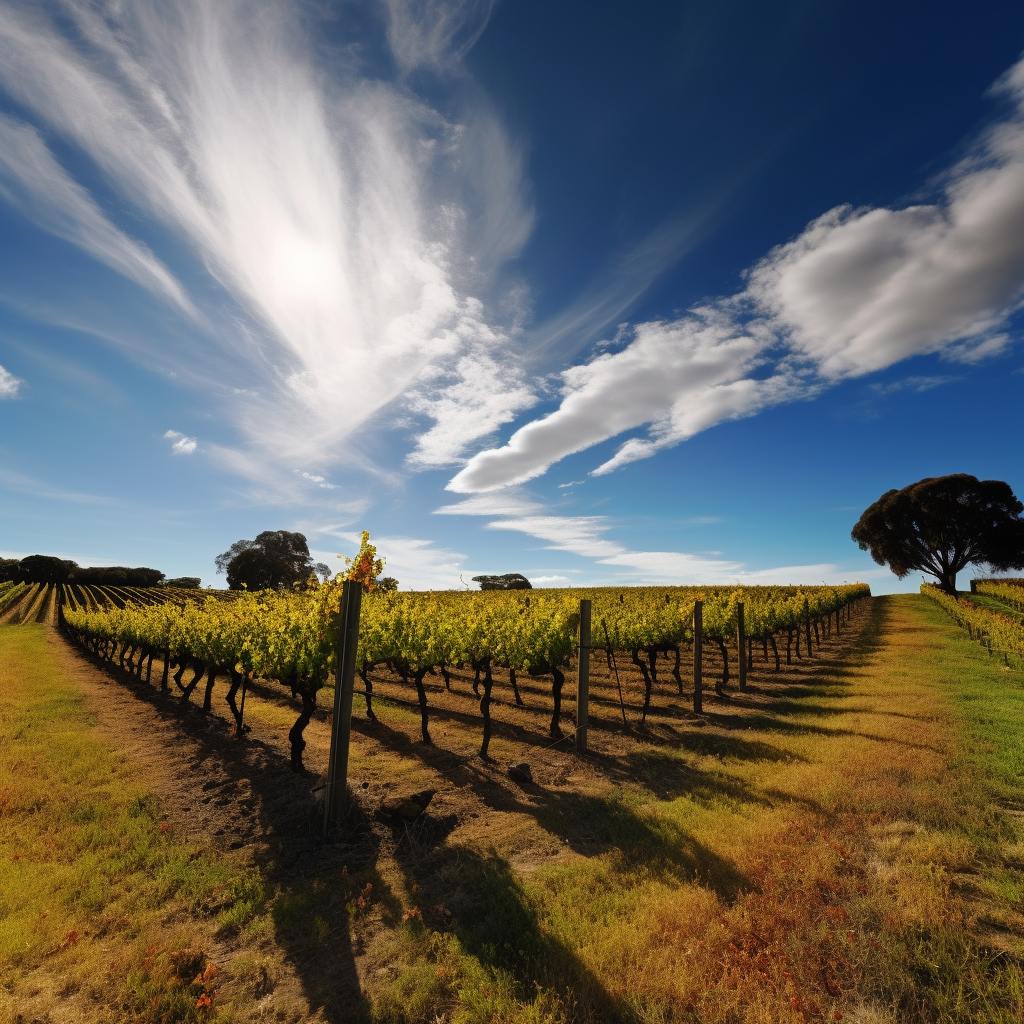July 31, 2024
Climate Change and the Wine Industry – Challenges, Innovation, and the Silver Linings
Book a Demo
The wine industry, like many other sectors, is feeling the marked impacts of climate change. Various regions globally are grappling with the devastating effects of wildfires, harsh winters, and unpredictable spring frosts. These climatic challenges, while posing significant threats to vineyards and wine production, are also ushering in unexpected benefits and prompting innovative changes in the industry.
Interestingly, climate change has not been entirely detrimental to the wine industry. The warming temperatures have led to improved harvests in higher altitudes and latitudes. England’s sparkling wine industry, for instance, is experiencing a notable boom, thanks to the milder weather conditions. Similarly, colder regions are witnessing a surge in wine production and quality due to the shift in climate patterns.
Germany’s wine industry provides a particularly compelling case study. Rising global temperatures have been a boon for German vineyards, leading to more consistent, high-quality vintages. This climatic shift has also sparked a growing interest in German red wines and chardonnay, previously overshadowed by the country’s more renowned Rieslings.
These climate-induced changes are compelling the wine industry to innovate and adapt. New approaches are emerging in vineyard management, including the introduction of drought-resistant grape varieties. Adjustments to fermentation temperatures and aging processes are also being adopted to cope with the changing weather patterns.
The wine industry now stands at a critical juncture, with its role in promoting sustainable practices and climate awareness coming into sharper focus. Wineries are increasingly investing in sustainable technologies and practices in response to the challenges of climate change. Organic farming, biodiversity conservation, and carbon sequestration are just a few of the strategies being employed to build resilience against climatic threats.
Climate change presents both economic challenges and opportunities for the wine industry. The shift in climate patterns could potentially influence consumer demand, with an increasing number of wine enthusiasts showing a preference for wines produced using sustainable practices.
Despite the challenges, the industry’s response to climate change underscores the adaptability and resilience of wine producers. It underlines the critical role of all industries in addressing climate change, and celebrates the spirit of innovation and stewardship. The wine industry’s response to climate change is a testament to the sector’s capacity to evolve and innovate in the face of adversity, setting a valuable example for other industries to follow.
Science4Data is committed to cut through greenwashing and measure real impact. Join the journey to a sustainable future. Your actions matter.



